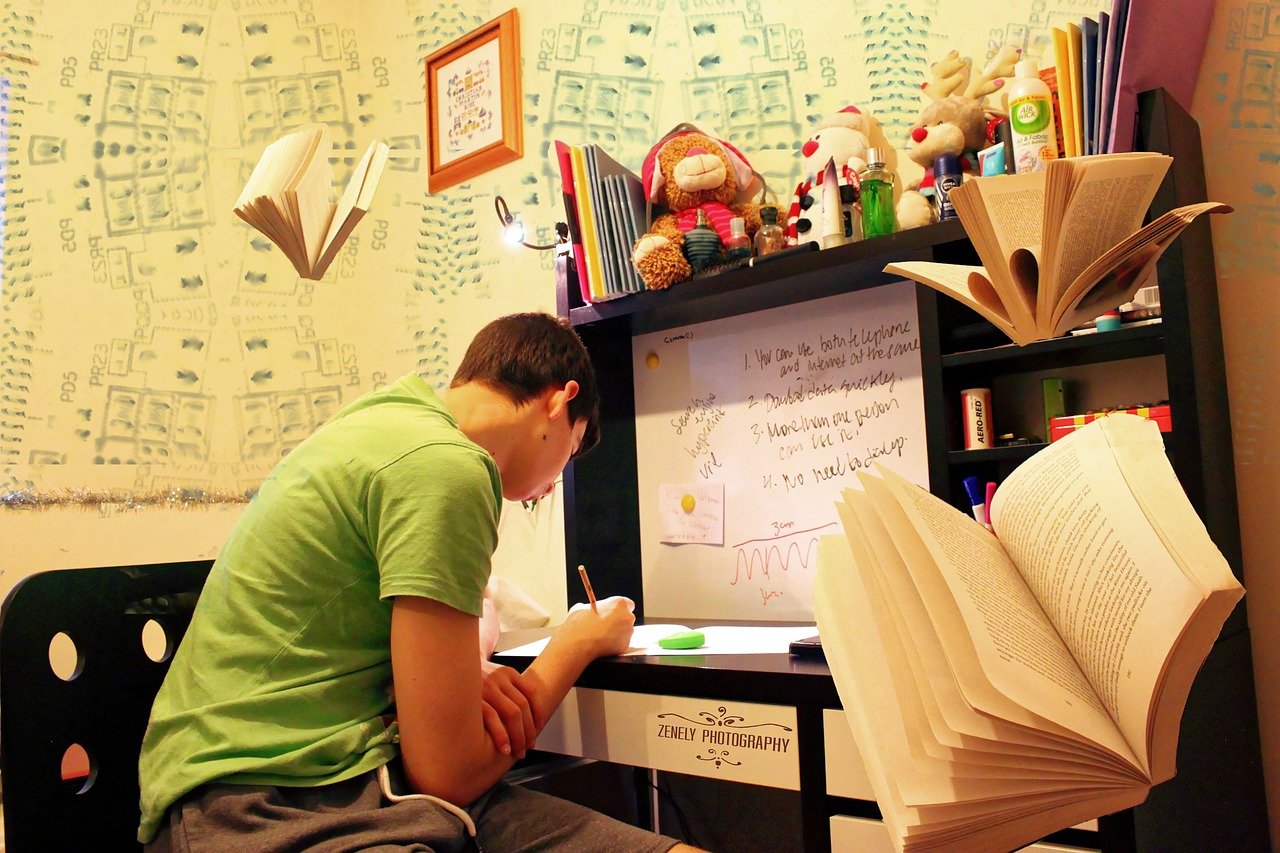Today and over the next few days the media will be full of images of happy, smiley, photogenic young people who have gained great A level results.
For most of these they will be incredibly happy, they will have gained the relevant qualifications to get into their university of choice and to study the course they want.
Is this really what you want?
But some of these may have nagging doubt at the back of their mind – is this really want I want to be doing for the next three years.
Some aren’t ready emotionally and may find the university experience more useful if they leave it a few years.
But others may have made their choice based on a career which sounds good, which impresses others, which is based on what their parents or teachers want.
This is when it can be helpful to have a conversation with a qualified careers guidance professional. It can be helpful to take time to talk through your decision and also to make sure you have the relevant aptitudes to lead to success.
There are assessments such as the Morrisby Profile and the Highlands Ability Battery which enable someone to spend 3 hours working through a series of aptitude tests/ work samples and from these to be clear on how they match up to a particular career path.
I’m currently working with Peter. One of the career groups he matches with is called Structural Generalist.
Structural Generalist
This profile consists of high scores in both Spatial Relations Theory and Spatial Relations Visualisation. These are the basic scientific and technical abilities. You will understand the theoretical underpinnings of science and physics, you will understand how things work but will probably prefer to actually get involved. You will not want work that is abstract but prefer to work with things that are real such as tools, products, machinery or buildings.
Most people who are involved in science and research or engineering get highly involved in one particular area and become expert in that field – they are Specialists. However this profile is linked to being a Generalist. This is someone who is a generalist rather than wanting in-depth specialist knowledge.
With high scores in both Spatial Relations Theory and Spatial Relations Visualisation he is pulled in two opposite directions: working with people versus working with things. He is most likely to be happy when working with people within a ‘hands-on’ company or field and/or by working in a small organisation where he can undertake a variety of functions and roles.
This can help him right now to check that his degree is likely to help working towards a career such as: Engineering, Aircraft Mechanic, Set Designer, Land Management
And what if you miss out
Oh, the temptation is to grab at anything, all your friends are going to university and you don’t want to miss out. But too many make poor choices, the wrong course at a university that is unlikely to lead to a well paid job.
Again take time to think about your options.
Many people, like me, never went to University. We started at the bottom and worked our way up. I worked for The Post Office who paid for me to study with the Open University, and gaining a degree part time demonstrated resilience, commitment and being proactive which always helped to gain internal promotions.
This is not the end of the world. Getting work experience, doing voluntary work, travel, all can help you to grow as a person and to explore different options so you make a good choice for you.
You can read more of the services I offer young people via this link to career advice to young people considering university choices.
If I can be of help don’t hesitate to get in touch.
Denise Taylor is a double award winning career coach and Chartered Psychologist with Amazing People, established in 1998. When you are unsure of your career future, need help with job search or seek to improve your presence in an online world, Denise can help. Denise is the author of 7 books including How To Get A Job In A Recession, Now You’ve Been Shortlisted and Fat to Fantastic




